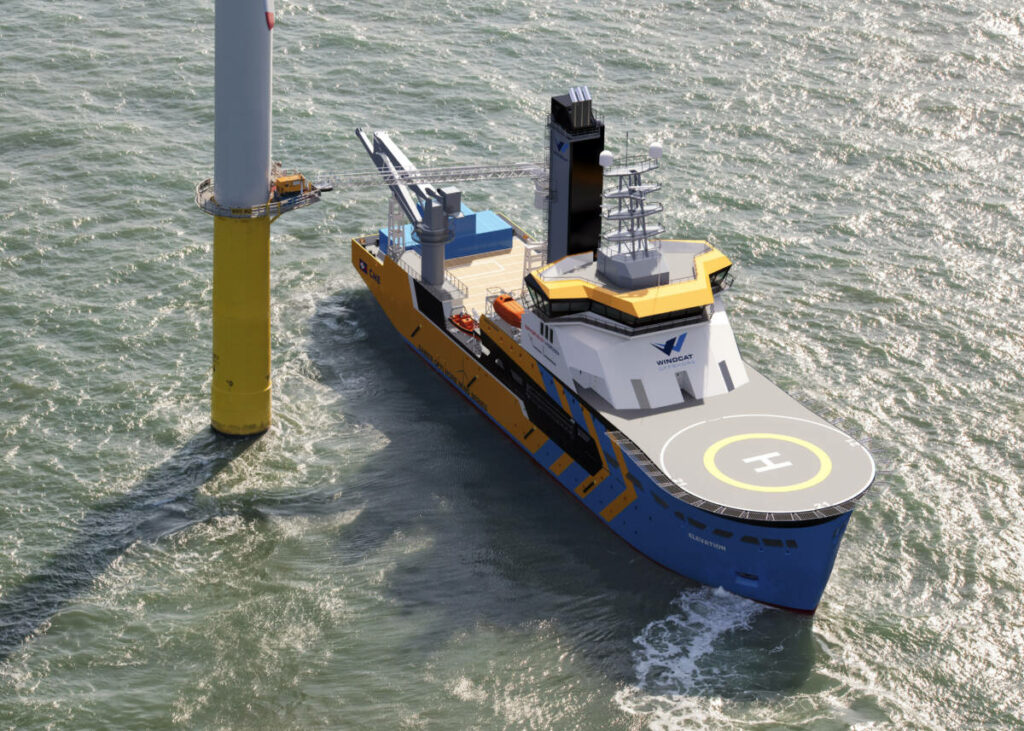Windcat, a leading offshore support vessel operator, has recently placed an order for six hydrogen-powered Commissioning Service Operation Vessels (CSOVs).
The vessels are set to be built by CEMRE, a Turkish shipyard known for its focus on innovative shipbuilding technologies.
This order aligns with global goals to reduce carbon emissions and promote green energy. Hydrogen power is seen as a crucial component in this strategy, offering a cleaner alternative to traditional fossil fuels. By investing in hydrogen-powered vessels, Windcat is not only contributing to environmental conservation but also pioneering the adoption of cleaner energy sources in the maritime sector.
The new CSOVs are designed to be 87 meters long with accommodation for up to 120 people. They will be equipped with state-of-the-art technology to ensure efficient operation and support the commissioning and maintenance of offshore wind farms. Hydrogen fuel cells will power the vessels, providing a significant reduction in greenhouse gas emissions compared to conventional diesel engines.
Windcat’s decision to deploy hydrogen-powered vessels is expected to have a considerable impact on the offshore wind sector. These vessels will play a crucial role in the development and upkeep of wind farms, thus supporting the broader goal of increasing renewable energy capacity. Furthermore, this initiative could inspire other companies within the maritime industry to explore and adopt green technologies.
This project is a result of a collaborative effort between Windcat, CEMRE shipyard, and various other stakeholders committed to advancing sustainable maritime solutions. The integration of hydrogen fuel technology into CSOVs represents a significant leap in innovation and a testament to the industry’s capability to adapt and evolve with emerging environmental demands.
